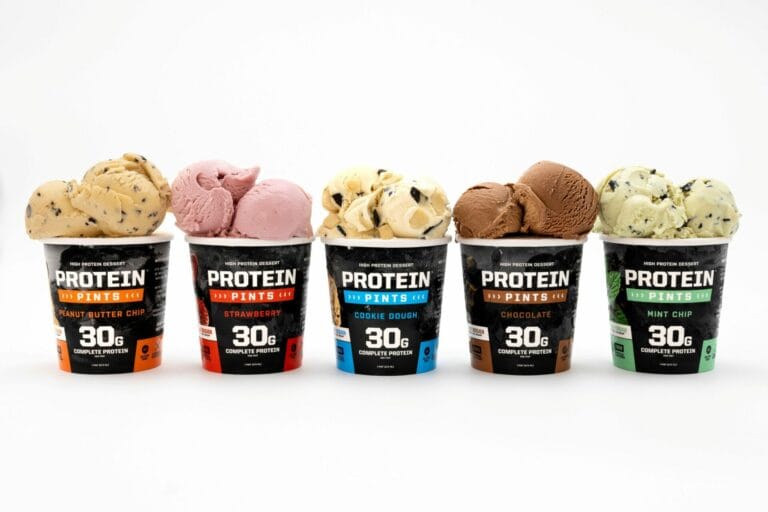Chocolate and Snacks- A Munchy Box for Your Family for 72 Hour Emergency Kit
Crises don’t just shake the ground beneath us; they shake the ground within us. In crisis, we deserve a moment of Chocolate and Snacks. We curated a munchy box for your family in addition to the main 72 hour emergency kit we published last week.
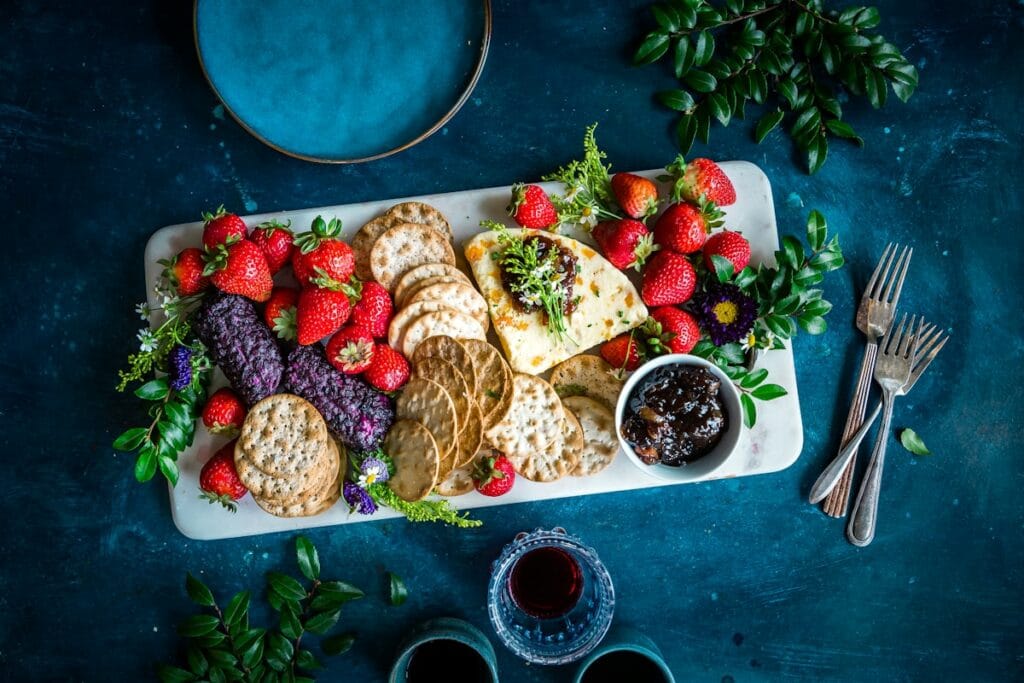
Preparedness isn’t just about surviving—it’s about holding on to the joy, love, and togetherness that makes survival worth it. A Munchy Box and chocolate may not stop a storm, but they can soften its impact—and that, in a time of crisis, is priceless.
In any emergency, your family’s well-being depends not only on essentials like water and shelter, but also on maintaining morale, routine, and a sense of comfort. That’s where the Munchy Box comes in—a carefully packed selection of snacks and small treats designed to keep spirits up and energy levels steady during the first 72 hours of a crisis.
Sweet Comfort for Your Family of Four
For a family of four, this box offers more than just calories—it provides emotional relief, especially for children, and a familiar taste of normal life when everything else feels uncertain. Whether it’s a favorite chocolate bar, a fruit snack, or a crunchy cracker, these small comforts can go a long way in easing anxiety and bringing moments of calm to difficult days.
It’s simple, smart and essential. In a crisis, a little joy can make a big difference.Include a supply of chocolate—bars, individually wrapped pieces, or hot chocolate sachets if you’ll have a way to heat water. Dark chocolate lasts longer and often has less sugar, but choose what your family enjoys.
3 Good Reasons to Include it in your 72 Hour Emergency Kit
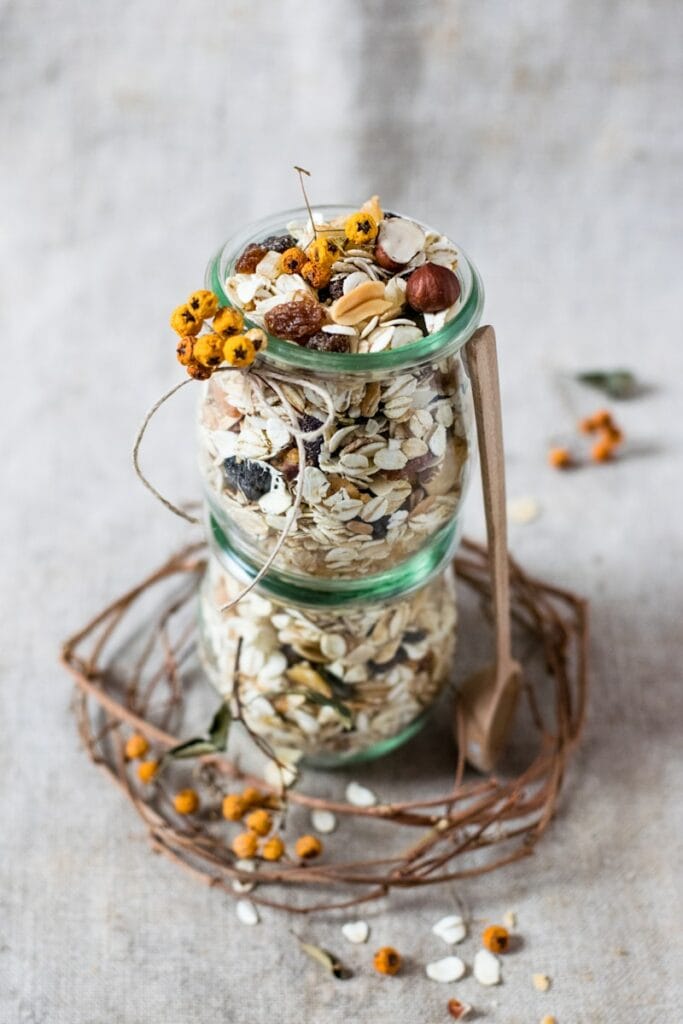
- Mood booster: Chocolate releases serotonin and dopamine—natural feel-good chemicals.
- Quick energy: It’s calorie-dense and can offer a burst of energy when needed.
- Comfort food: In moments of fear or discomfort, it reminds us of birthdays, holidays, better times.
Tip: Rotate the contents of your Munchy Box every 3–6 months to keep everything fresh. Let your kids help choose the snacks—it gives them ownership and something to look forward to, even in a practice drill.
Chocolate and Munchy Box
Pack enough for three days—with each person getting at least two comforting snacks a day. Think of it as a morale boost in a box. When nerves are frayed and sleep is elusive, this small stash becomes a psychological lifesaver.
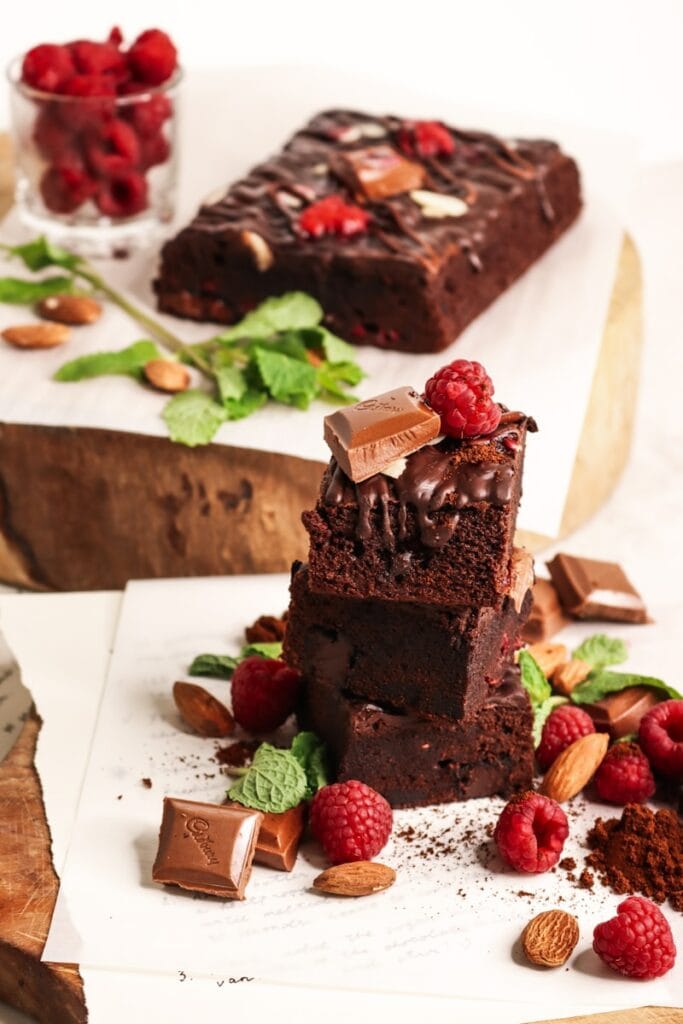
The Joy-Filled Survival Hack
A Munchy Box in your 72-hour emergency kit is simply a small, sealed container packed with comforting, shelf-stable snacks that your family genuinely enjoys. It might include:
- Mini crackers or cheese snacks
- Dried fruit, raisins, banana chips
- Granola or energy bars
- Trail mix with nuts and seeds
- Popcorn bags
- Fruit leather or chewy fruit snacks
- Biscuits or individually wrapped cookies
Consider including fruits in your 72-hour emergency kit, a smart and nourishing choice—offering natural sugars for energy, essential vitamins for immunity, and a welcome break from processed or dry foods. For a family of four, here’s how to include fruit in a way that’s practical, long-lasting, and comforting in a crisis.
Why Fruits Matter in a Crisis
Fruits provide:
- Hydration support, especially important if water is limited
- Vitamins and minerals to support immunity and stress resilience
- Fiber to aid digestion during dietary disruption
- Natural sweetness to boost mood and energy
Best Fruit Options for Your Emergency Kit
1. Dried Fruit
Lightweight, long shelf-life, and full of nutrients.
- Include: raisins, apricots, mango slices, cranberries, banana chips, apple rings
- Portion suggestion: 1 small handful per person per day (total of 12 handfuls for 4 people over 3 days)
2. Fruit Leathers or Fruit Bars
Compact and easy to pack, great for children.
- Look for 100% fruit varieties with no added sugar.
3. Canned Fruit in Juice (Not Syrup)
These provide hydration and freshness.
- Include: peaches, pears, pineapple, mandarin oranges
- Choose easy-open lids or pack a manual can opener
- One can per day for the family is a good guide (total 3–4 cans)
4. Freeze-Dried Fruit
Crispy, lightweight, and space-efficient. Tastes like candy but it’s pure fruit.
- Strawberries, blueberries, or apple slices are popular choices
- Bonus: no refrigeration needed and lasts for years
5. Fruit Puree Pouches
Perfect for kids (and adults too), no refrigeration required.
- Applesauce, mixed berries, banana blends
- Safe, resealable, and easy to digest
Storage Tips
When packing your family’s 72-hour emergency kit, the Munchy Box—a stash of snacks and small comforts—plays a powerful role in both sustaining energy and soothing emotions during uncertain moments. But for your Munchy Box to be truly effective, it needs to be well-stored, fresh, and easy to access when it matters most.
Here are simple, practical storage tips to help you build and maintain the perfect Munchy Box for your family of four:
1. Choose Snacks with Long Shelf Life
Select snacks that stay fresh for at least 6–12 months without refrigeration. Think:
- Granola or protein bars
- Trail mix or nuts (sealed packs)
- Dried fruits
- Fruit leathers or puree pouches
- Rice cakes, crackers, or cookies (individually wrapped)
- Chocolate bars (dark chocolate lasts longer and melts less easily)
Avoid: Snacks with cream fillings, high oil content, or easily perishable ingredients unless they’re vacuum sealed.
2. Use Airtight, Resealable Containers
Store all your snacks and chocolate in an airtight plastic or metal container—preferably waterproof and rodent-proof. You can use:
- Large resealable ziplock bags (double-layered)
- Small Tupperware containers inside a larger box
- A sturdy lunchbox-style container with a clasp or lock
Label it clearly: Munchy Box – Emergency Use Only.
3. Keep It Cool and Dry
Heat and humidity are the biggest threats to snack freshness. Store your Munchy Box:
- In a cool, dry part of your home, ideally under 21°C (70°F)
- Away from sunlight, heaters, or appliances
- If packed in a vehicle, rotate contents more often due to temperature changes
Chocolate is especially sensitive to heat—store it in the coolest place possible to avoid melting or blooming (the white streaks that appear when fat separates from sugar).
4. Rotate Every 3–6 Months
Mark a reminder in your calendar to check your Munchy Box twice a year. Rotate out any snacks approaching expiration and replace with fresh ones. Let kids help with this—it becomes a fun way to teach preparedness while enjoying a snack day.
You can even write expiration dates in marker on the outside of the container for a quick visual check.
5. Pack for Convenience and Morale
- Separate portions into individual servings to make distribution easy and avoid waste.
- Pack some treats per person—one small item per day for each family member (think: mini chocolate bar, cookie packet, or fruit snack). These small indulgences can make a big difference in stressful situations.
- Include napkins, tissues, or wipes in the same container for mess-free snacking.
6. Include an Allergy-Safe Variety
If someone in the family has food allergies or intolerances, clearly separate their snacks in a labeled zip bag inside the Munchy Box to avoid cross-contamination.
7. Keep It Accessible
Store your Munchy Box in the same place as your emergency kit, ideally by the front door, in a hallway cupboard, or in the car if you travel often. In an evacuation, you should be able to grab it without searching.

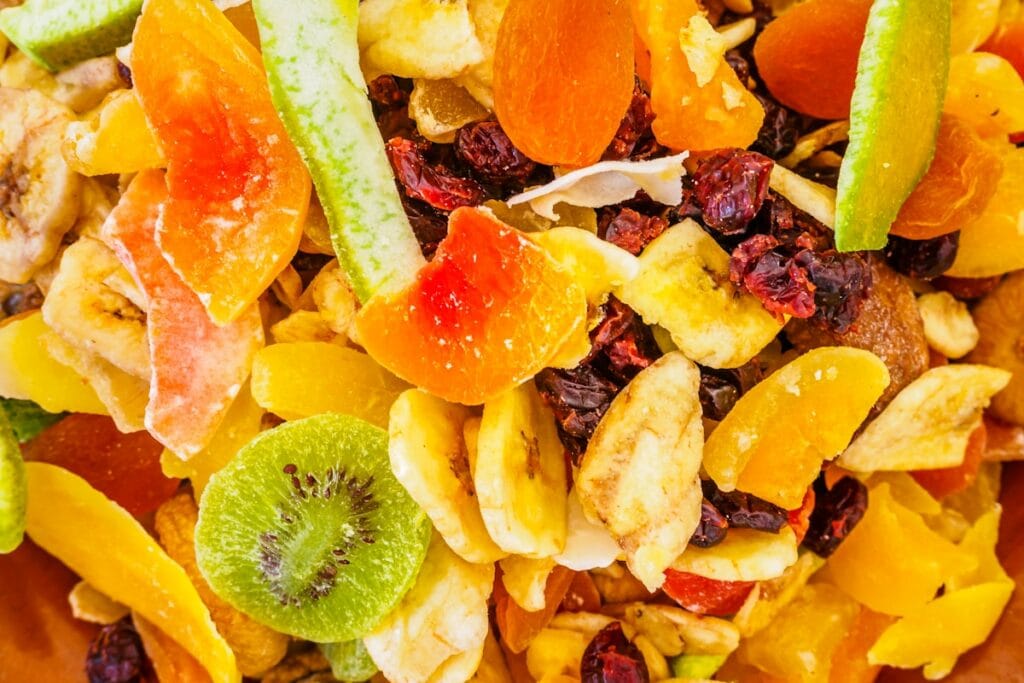
Keep your fruit supplies in airtight containers or resealable bags inside your emergency kit. Store them in a cool, dry place and check expiration dates every six months.
Emotional Nourishment
When we think about emergency preparedness, we often focus on the physical essentials: water, food, first aid, and shelter. But in the midst of uncertainty, fear, and disruption, there’s something just as vital that often goes overlooked—emotional nourishment.
Crises don’t just shake the ground beneath us; they shake the ground within us. Children get scared. Adults get anxious. The unknown becomes overwhelming. In those fragile hours—those 72 hours that test our resilience—it’s not only survival that matters, but sanity, connection, and hope.
In times of crisis, the familiarity and natural sweetness of fruit can be incredibly comforting—especially for children. A simple pouch of applesauce or a handful of raisins can remind them (and us) that life can still feel a little bit normal.
Preparedness is about more than just survival—it’s about maintaining health, dignity, and emotional well-being during the hardest moments. Considering your 72-hour emergency kit is one of the simplest, kindest ways to nourish your family through uncertainty.
Do you want to share your story and inspire our readers ? Know that YOUR EXPERTISE is paving the way for a fairer, happier society.


